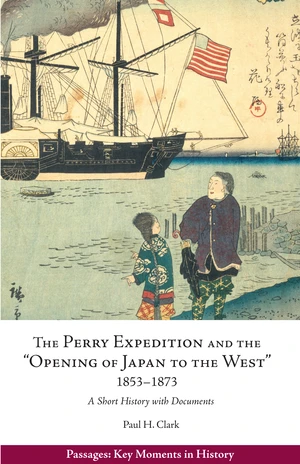By the time U.S. Commodore Matthew Perry's squadron of four ships sailed into Tokyo Bay on July 8, 1853, the Japanese Tokugawa government had already fended off similarly unwelcome intrusions by the French, the Russians, the Dutch, and the British. These Western imperialists had the power and the means to force Japan into the kinds of treaties that would effectively spell the end of Japanâs autonomy, maybe even its existence as an independent country. At the same moment, Japan was also grappling with a serious insurrection, the death of an emperor, and the death of a shogunâas well as with a series of natural disasters and associated famines. The Japanese response to this incredible series of catastrophes would permanently alter the balance of geopolitical power around the world. Drawing on the best recent scholarship, this short introductory volume examines the motivations and maneuvers of the major participants in the conflict and sets the "opening" of Japan in the context of broader global history. Selections from twenty-ânine primary sources provide firsthand accounts of the event from a variety of perspectives. Several illustrations are also included, along with a note on historiographic interpretation.
Price history
Oct 25, 2021
€13.17

